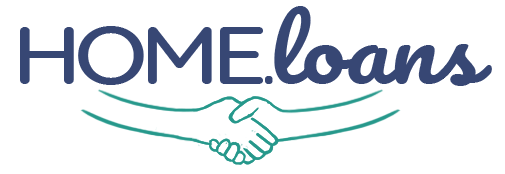FHA 203(b) Loan Terms
In the world of home mortgages, the word “term” denotes the length of the loan. There is some correlation to the type of loan, but that is not set in stone.
Take a look at the home mortgage industry, and you’ll see a ton of different loan programs and lengths on offer. You might be interested in a 15-year fixed rate, or a 30-year fixed rate. You may think that a 15-year adjustable rate mortgage (ARM) is the better choice for your needs, or you might want to try out a balloon mortgage that starts low, but requires a large payoff in the end.
When it comes to FHA 203(b) loans, the maximum term is 30 years. Both fixed rate mortgages and adjustable rate mortgages are available, but the FHA does mandate the length. While the FHA does not require loan terms to be in five-year increments, and is willing to allow any loan term that is 30 years or shorter, most lenders only offer 15 and 30-year options.
Fixed Rate vs. Adjustable Rate FHA Loans
How do you determine whether you should go with a fixed rate or an adjustable rate mortgage?
First, you need to understand the differences between these two mortgage types.
Fixed Rate Mortgages: When most people think of a home mortgage, this is what they picture. You’ll have a mortgage payment due every month for either 15 or 30 years, and the amount will never change. The interest rate is set at the beginning of the loan and will not change, unless you choose to refinance to take advantage of reduced rates.
There are several benefits here. One of those is that you are able to predict what your monthly expenses will be with a great deal of accuracy. You’ll also always know what your mortgage payment will be. It will not change no matter what the market does. It may be important to note that some lenders also offer 20 or 25-year fixed rate FHA mortgages. However, these are somewhat uncommon.
Adjustable Rate Mortgages: With an adjustable rate mortgage, you are generally able to lock in a very low initial interest rate, often below what you could achieve with a standard fixed-rate mortgage. However, after a period of time specified in your loan contract, that rate would change. Eventually, it becomes pegged to the national interest rate, and will change as the national rate changes.
There are a couple of advantages here, as well. One of those is that if you had the financial resources, you could pay the mortgage down (or off) while the interest rate was in the introductory state. Another is that you could ultimately continue to pay less if the national interest rate were to stay low. However, there is always the chance that the rate will rise. The Fed has already raised interest rates three times in 2018, with a potential fourth looming in December. With that being said, FHA loans are limited to a 1% annual change, and cannot change more than 5% over the course of the loan.
The primary downside to an adjustable rate mortgage is that you will not have the same type of predictability where your mortgage payment is concerned. Because the interest rate can rise and fall, your mortgage payment can also rise and fall.
Note that adjustable rate mortgages are available in a range of terms, with one-year and five-year ARMs being the most common. However, realize that your mortgage insurance will be higher than with a fixed rate loan if you go this route.
Ultimately, both fixed rate and adjustable rate mortgages have their pros and cons, and neither is a perfect fit for all borrowers. You should work with your lender to determine which the best solution for your specific situation, both today and down the road.
Other 203(b) Loan Information
In addition to the information about term lengths mentioned above, 203(b) loans have other important features, such as being fully assumable (with FHA/lender approval). Plus, FHA loans, like the 203(b) loan aren’t just available for single family homes, they’re actually available for 1-4 unit properties, as long as the owner lives in one of the units. This can make these loans ideal for budding property investors, as well as those who simply want to create a smart way to pay off their mortgage. 203(b) loans are also available for certain condos and eligible manufactured homes.

